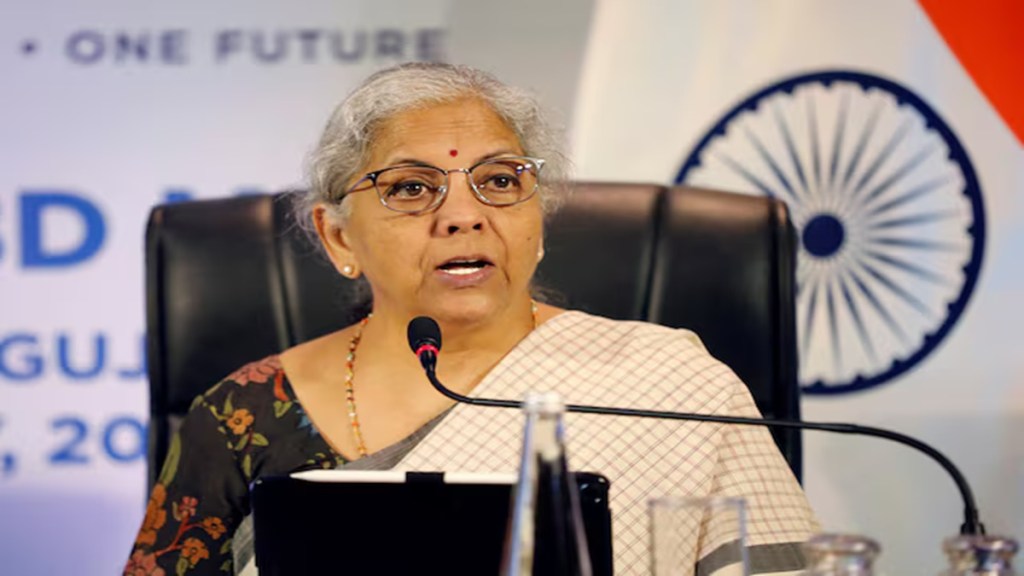The Financial Stability and Development Council (FSDC), the apex non-statutory body of financial sector regulators, headed by finance minister Nirmala Sitharaman will meet on June 10 to review the issues related to macroeconomic stability amid global uncertainties. It will also discuss simplification and digitalisation of the centralised KYC (CKYC) process in the financial sector.
In the meeting to be held in Mumbai, the top policy makers and regulators will also discuss strengthening inter-regulatory coordination in financial sector to support inclusive economic growth. The FSDC will likely emphasises constant vigil and proactive efforts towards detecting emerging financial stability risks given domestic and global macro-financial situation, sources said.
In the Budget speech for FY26, Sitharaman has announced that a mechanism will be set up to evaluate impact of the current financial regulations and subsidiary instructions. It will also formulate a framework to enhance their responsiveness and development of the financial sector, she had said.
The central KYC is an important task being coordinated by the finance ministry with financial sector regulators, including the Reserve Bank of India and the Securities and Exchange Board of India (Sebi) India. This CKYC would streamline verification and customer onboarding by companies across financial sector seamless.
India’s economic growth fell to 7.4% in the fourth quarter of 2024-25, from 8.4% in the year-ago quarter, as manufacturing, private and government consumption, and key services slowed, according to provisional estimates released by the National Statistics Office (NSO) on Friday. For the whole of FY25, the GDP expansion slowed to a four-year low of 6.5%, compared with 9.2% in the previous year.
The FSDC will also likely review the progress of measures approved earlier for further development of the financial sector, and to achieve inclusive economic growth with macroeconomic stability. There will also be review of activities undertaken by the FSDC sub-committee, chaired by the RBI governor and the action taken by members on the past decisions.
The FDSC meeting is also in the backdrop of the opinion among some circles that regulators, including the financial-sector ones must strike a fine balance between meeting their mandated objectives and not standing in the way of innovation, enterprise and growth. Chief Economic Adviser Anantha Nageswaran had made appeal to the regulators to become more transparent about the rationale behind their decisions, and be mindful of the boundaries of what he called their “unelected power.” “The regulators must explain why a particular regulation is being introduced, the information prompting it, the goals it seeks to achieve, and the criteria for withdrawing it,” he had said.
To alleviate the likely hardship for small borrowers, the finance ministry on May 30 said it suggested to the RBI to exclude small borrowers of up to Rs 2 lakh from the provisions of the proposed tightening of the guidelines on gold loans and implementation of the new norms from January 1, 2026.
Besides the RBI governor, the meeting would be attended by the chiefs of the Sebi, Insurance Regulatory and Development Authority of India, Pension Fund Regulatory and Development Authority, International Financial Services Centres Authority, along with other financial sector regulators.

